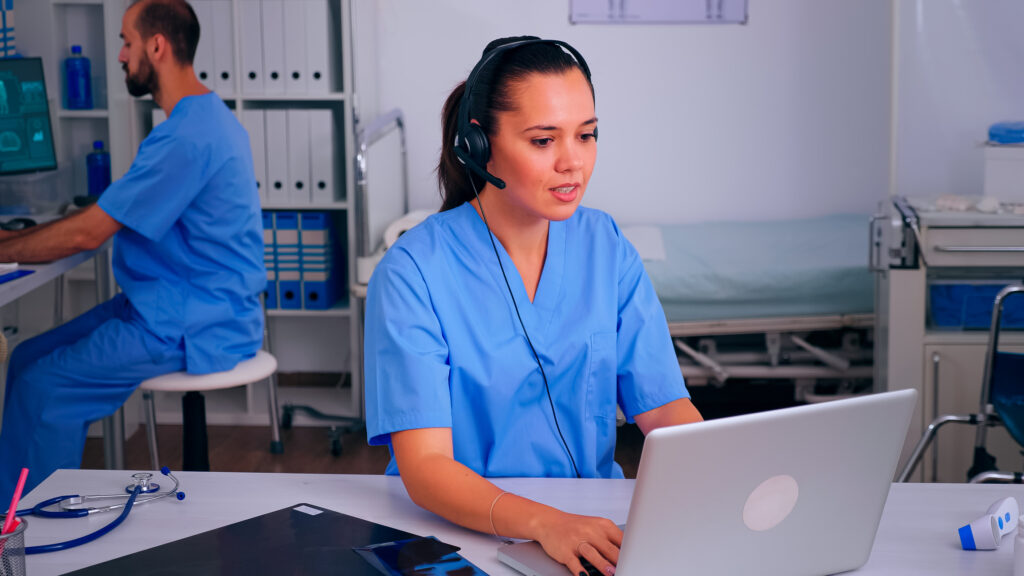Efforts to elevate pediatric healthcare in Bulgaria have recently entered a new phase involving collaboration between local physicians and leading medical professionals in the United States. Eleven Bulgarian doctors took part in a focused observation program at Weill Cornell Medicine/NewYork-Presbyterian Hospital in New York. The aim was to introduce Bulgarian practitioners to modern, patient-centered pediatric care models widely used in the United States.
This collaborative project is supported by the America for Bulgaria Foundation (ABF). The foundation has been instrumental in connecting Bulgarian specialists with international medical expertise, fostering professional development, and promoting higher standards in local healthcare systems.
Program Structure
The initiative spans three distinct stages, each designed to provide Bulgarian pediatric professionals with deep and varied learning experiences:
On-site Observership in New York
Online Learning and Educational Modules
In-person Workshop in Sofia, Bulgaria
Each stage contributes specific learning objectives and opportunities for skill development.
Focus Areas in Pediatric Care
Bulgarian physicians in New York had the chance to observe various pediatric specialties, such as:
Neonatal Intensive Care
Pediatric Intensive Care
Pediatric Surgery
Cardiology
Neurology
Genetics
Radiology
They shadowed experienced U.S. physicians, including attending doctors, residents, fellows, and trainees. This exposure allowed for observation of advanced care approaches, multidisciplinary teamwork, and modern hospital organization.
Key Participants
The Bulgarian delegation was made up of prominent leaders from major pediatric and university hospitals, including:
Dr. Blagomir Zdravkov, Director, “Prof. Ivan Mitev” Specialized Hospital for Active Treatment of Children’s Diseases in Sofia
Prof. Dr. Ivan Litvinenko, Head, Bulgarian Pediatric Association and Pediatric Neurology Clinic
Assoc. Prof. Dr. Yordanka Uzunova, Head, Pediatrics Clinic, “Lozenets” University Multiprofile Hospital
Dr. Stamen Pishev, Deputy Director, Diagnostic-Consultative Center I, Burgas
Their participation ensured a broad representation of pediatric care specialists from across Bulgaria.
Healthcare in Bulgaria
Bulgaria faces distinct challenges in child health, including:
The highest infant mortality rate in the European Union (approx. 5.3 per 1,000 live births versus EU average of 3.4)
Elevated rates of premature birth
Higher prevalence of chronic illness and disabilities among children
Growing concerns about childhood obesity
To cope with these issues, new children’s hospitals are being planned and constructed in major cities, such as Burgas and Sofia. The development of these specialized facilities reflects an increasing focus on pediatric needs within the national healthcare agenda.
Observed Practices and Innovations
Bulgarian visitors noted several features and practices from the U.S. pediatric care model:
Private Patient Rooms: Each room is set up to accommodate family members, which can help provide emotional support to children.
Family Lounges and Quiet Spaces: Designed so families can have comfort and privacy during their hospital stay.
Playrooms: These spaces give children an opportunity to play and relax, which reduces stress during hospitalization.
Family Centered Rounds: Families participate actively during daily rounds with the healthcare team, which is in line with American Academy of Pediatrics standards.
Patient and Family Advisory Council (PFAC): Brings together caregivers and families to influence hospital policy and improve the quality of care.
Insights and Takeaways
Participants noticed a strong commitment to both clinical excellence and compassion. The culture at Weill Cornell Medicine fostered openness, teamwork, and a growth-oriented mindset among faculty and staff. These values were especially apparent in:
The way medical staff addressed parents’ questions with patience and attention to detail
Inclusion of families in care decisions at all stages
Regular mentorship and support for continuous learning among clinicians
Bulgarian physicians also recognized the practical benefits of these approaches, especially in contexts where building trust with families and transparency in care are key to positive outcomes.
Collaboration Between Institutions
The America for Bulgaria Foundation played an important role as a facilitator for this project. By partnering with Weill Cornell Medicine’s Department of Pediatrics and Office of International Affairs, ABF helped bring advanced medical learning opportunities to Bulgarian practitioners.
The relationship between U.S. and Bulgarian professionals has grown to include plans for long-term mentorship and future collaboration. Courses and workshops that follow the initial observership are designed to reach a wider audience across Bulgaria, sharing knowledge and best practices gained from New York.
Ongoing and Future Initiatives
After the New York observership, the program moves forward with an online learning sequence, focusing on:
Quality improvement
Patient safety
Principles of patient- and family-centered care
This will be followed by an in-person workshop in Sofia, where lessons from the United States can be tailored and introduced into Bulgaria’s healthcare system.
Broader Impact
The partnership aims to support lasting changes in pediatric healthcare delivery in Bulgaria. By adopting successful models from the U.S., Bulgarian medical leaders and their institutions hope to:
Improve outcomes for infants and children
Enhance training and mentorship of pediatric staff
Create more supportive environments for patients and their families
Address persistent gaps in care quality and access
The collaboration illustrates a shared investment between Bulgarian medical professionals, local institutions, and international partners to promote sustainable improvements in the health and well-being of Bulgaria’s children.
Disclaimer
The content of this article, “Transatlantic Partnership Advances Pediatric Healthcare in Bulgaria,” is intended for informational purposes only and reflects the views of the authors at Open Medscience as of 17 July 2025. While the article highlights a collaborative initiative supported by the America for Bulgaria Foundation and Weill Cornell Medicine/NewYork-Presbyterian Hospital, it does not constitute medical advice, endorsement, or an official statement by any of the named institutions. Readers should consult qualified healthcare professionals for medical guidance and verify information with relevant authorities or organisations before making any decisions based on the content provided. Open Medscience assumes no responsibility for errors or omissions or for outcomes resulting from the use of this information.




